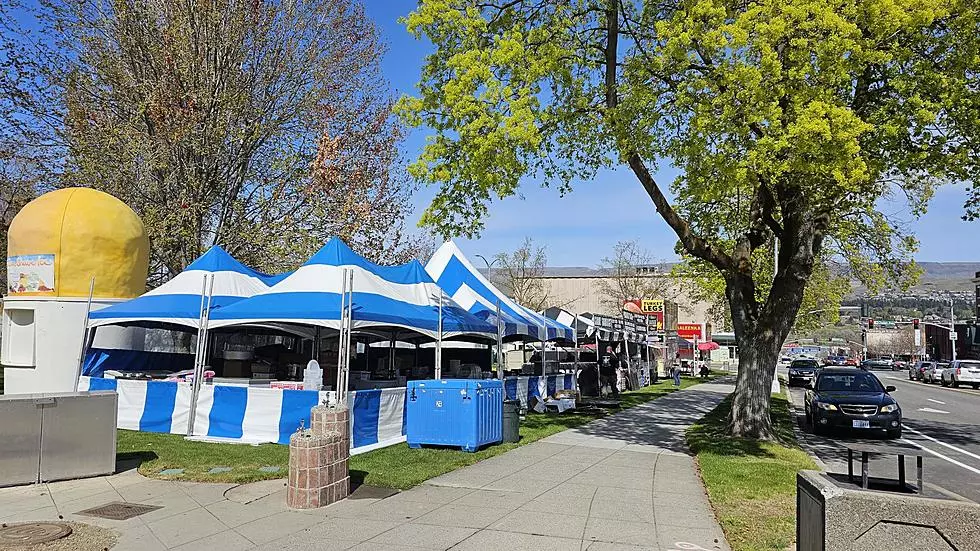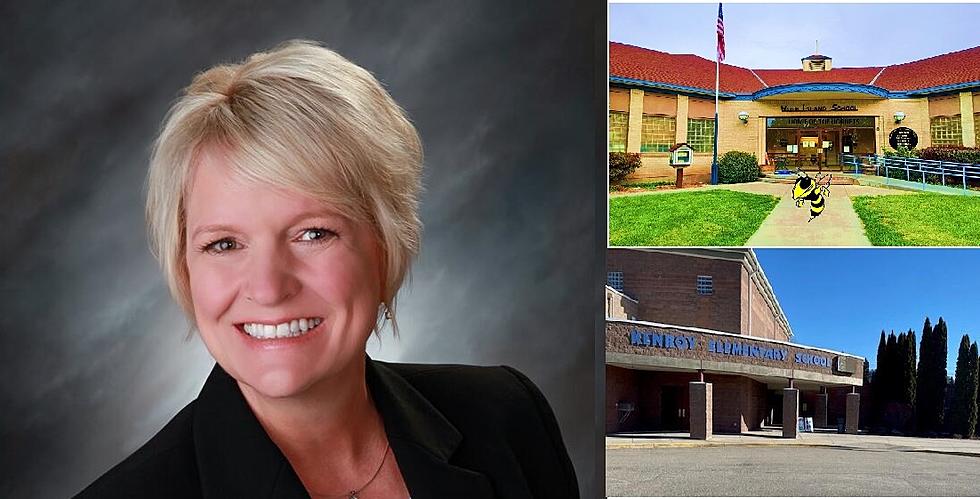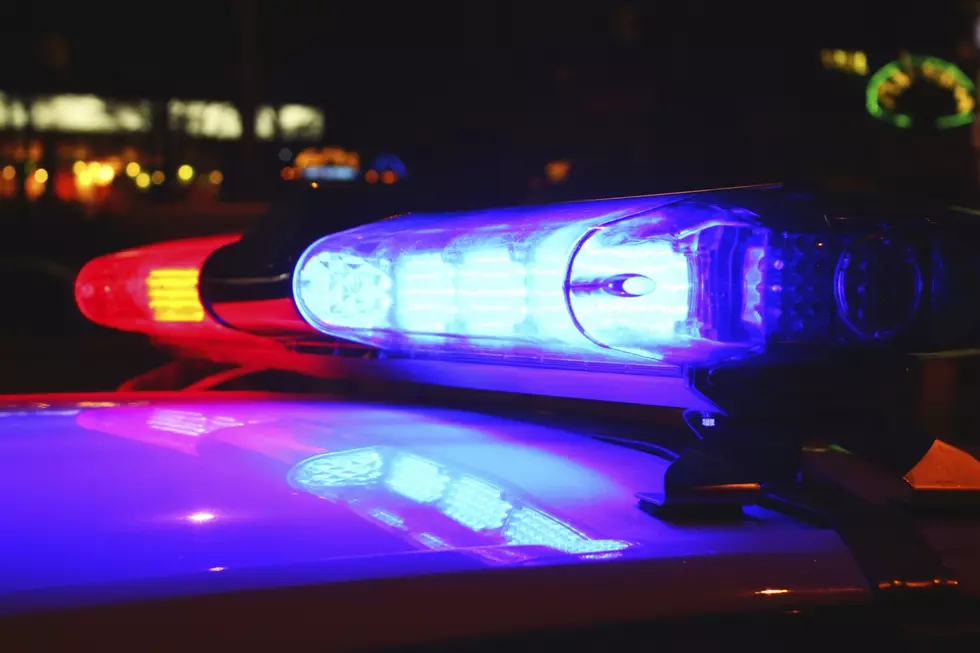
Pandemic, Other Disasters Taking Toll on Mental Health
The continuing COVID-19 pandemic, as well as other disasters such as the recent wildfires and subsequent smoke, has been taking a toll on the mental health of many, if not most, residents of the Evergreen State.
The problem has become so concerning that Governor Jay Inslee was joined by other mental health experts in a press conference Thursday to discuss the issue.
Upwards of three million Washingtonians will experience clinically significant behavioral health symptoms during the pandemic, and that's normal.
Behavioral Health Strike Team Co-lead Dr. Kira Mauseth said, "The period that's six to nine months post-impact from a disaster is typically the hardest time for people. It's because we really struggle with that coming to terms, that acceptance, of what the new normal is going to look like."
That period is known as the 'disillusionment phase' of disaster response. Mauseth predicts the upcoming 4th quarter of 2020 to be Washington's disillusionment phase.
However, resilience is still by far the most common outcome. Mauseth added that most people will return to their version of normal in about 12 to 16 months after a disaster, which in this case would be sometime between March and July of next year.
According to the Washington State Department of Health, the best thing residents can do is promote the active component of resilience. There are four 'ingredients' to resilience: hope, connection with other people, redefining and establishing purpose, and finally flexibility and adaptability.
Still, for those feeling like they are in a funk or worse, a promise of better days half a year from now may not be enough. Governor Inslee described the feeling as of late, especially with inescapable smoke and haze, as like having a dark cloud an inch over one's head.
Inslee implored people to learn how to recognize when others need some emotional support.
If you are struggling with mental health issues for whatever reason, resources are available. They include:
The King County 24-hour Crisis Hotline: 1-866-4-CRISIS (427-4747)
The 24-hour Crisis Text Line: Text 'HOME' to 741-741
The National Suicide Prevention Hotline: 800-273-8255
More From NewsRadio 560 KPQ









